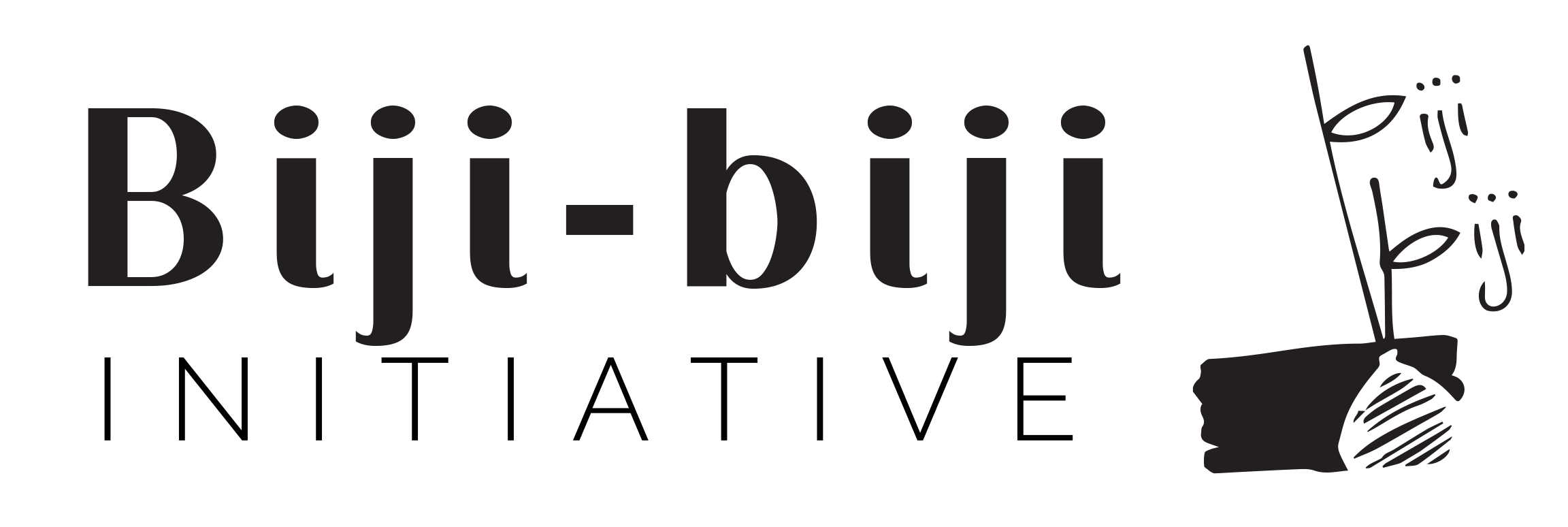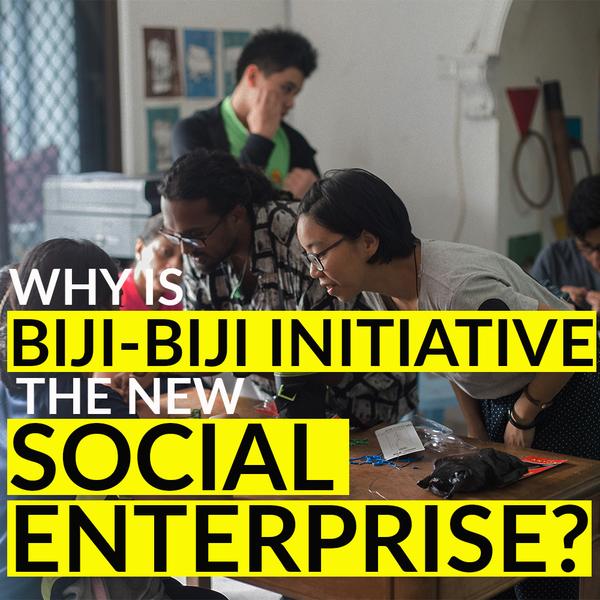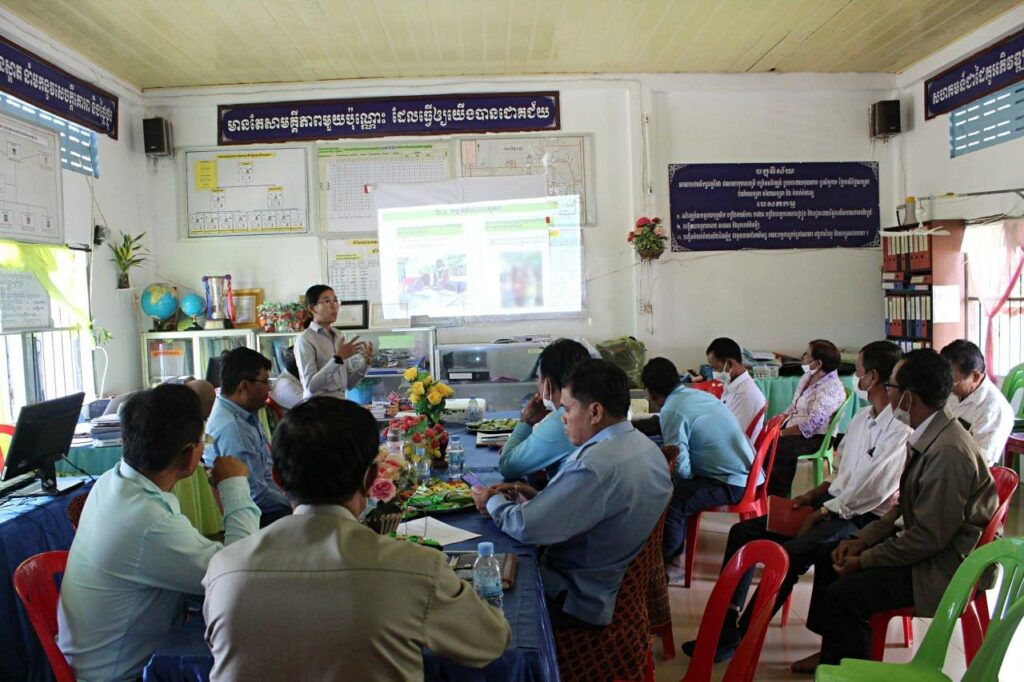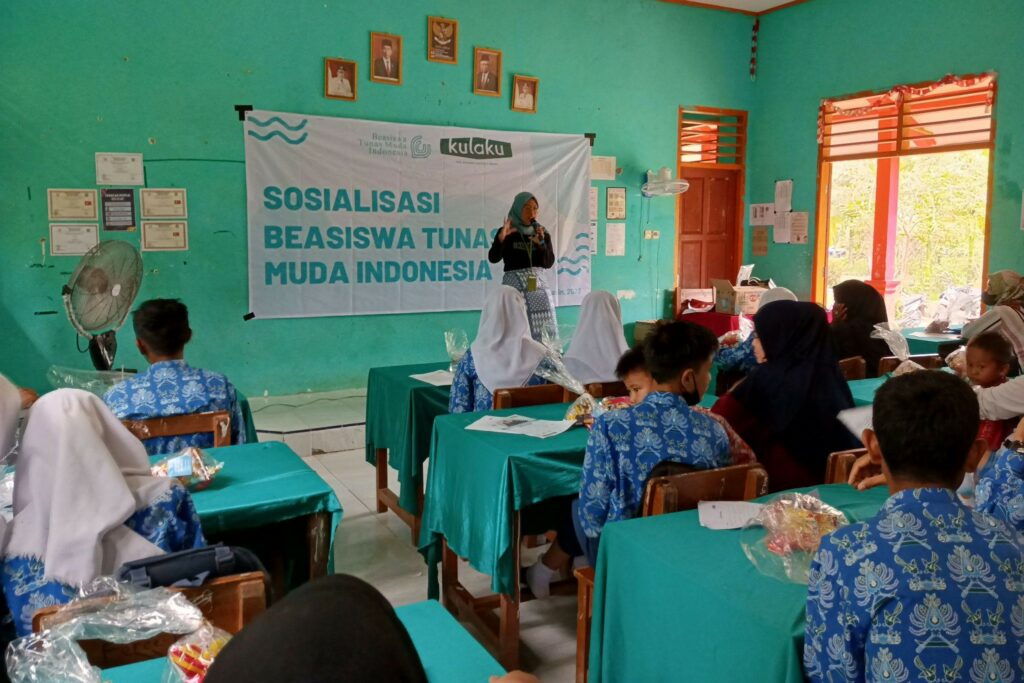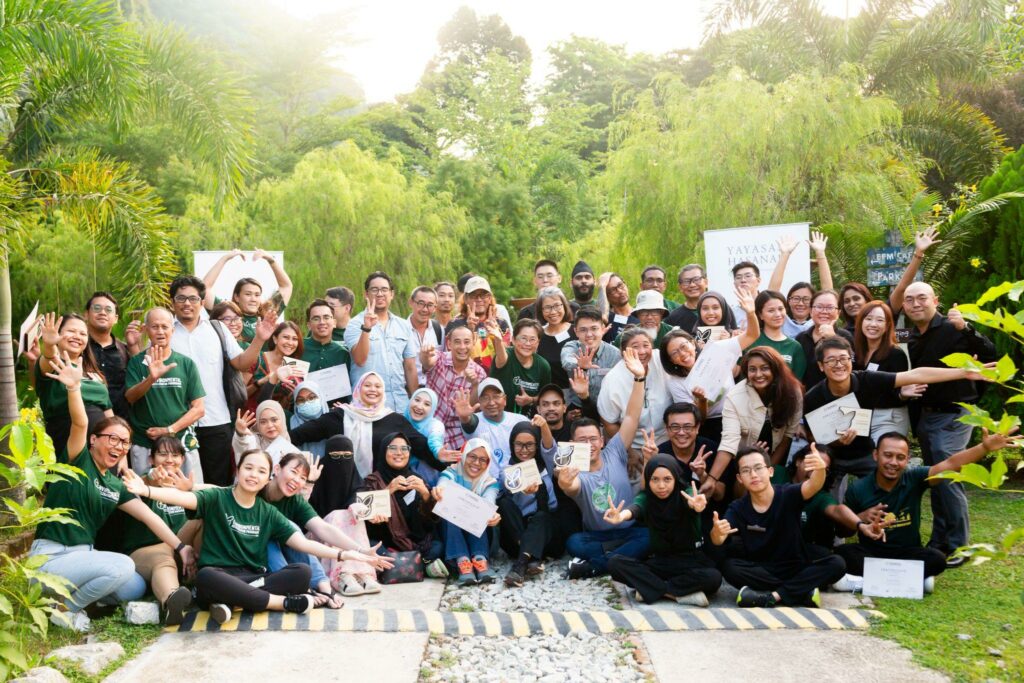Common Social Enterprise models aim to solve social, environmental or economic issues by:
Offering different payment tiers to different customer tiers Donating one product for each product sold Micro-franchising opportunities for entrepreneurs without initial investment Including the underprivileged as clients/consumers, or as producers/entrepreneurs/employees
Biji-biji Initiative’s business model does not fit within any of the four common models listed above. We are different in the way we conduct our day-to-day business. We simply aim to share progressive ideas with everyone and to show that a business can be conducted ethically, where greater social, environmental and economic benefits can be transferred to the community, environment and economy.
Here are some of Biji-biji Initiative’s principles and promises to the world!
We create Value for Waste Materials
What is considered waste depends on how one values a certain type of resource. If one can add a tad bit of creativity and foresee the use of a material past its current state and form, waste can be made useful. With our products, we showcase how waste can be transformed into beautiful products.
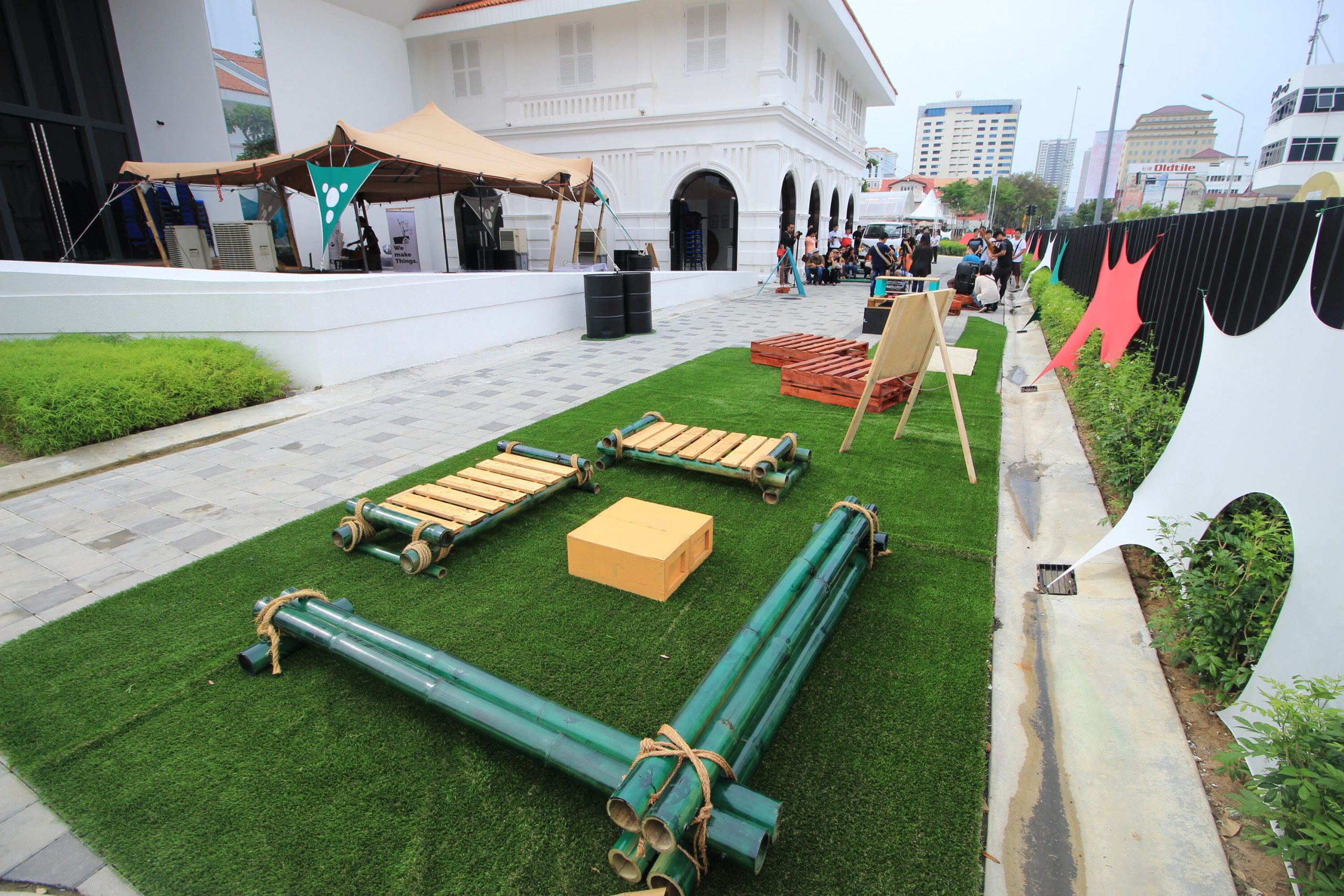
We address Income Inequality
All employees of Biji-biji Initiative earn at least 2.2 times more than Malaysia’s minimum wage. We also have a salary cap of 5 times between the highest and lowest earners. This ratio may have to be reviewed in the future to reflect the need for different skill levels and competencies as the organization grows.
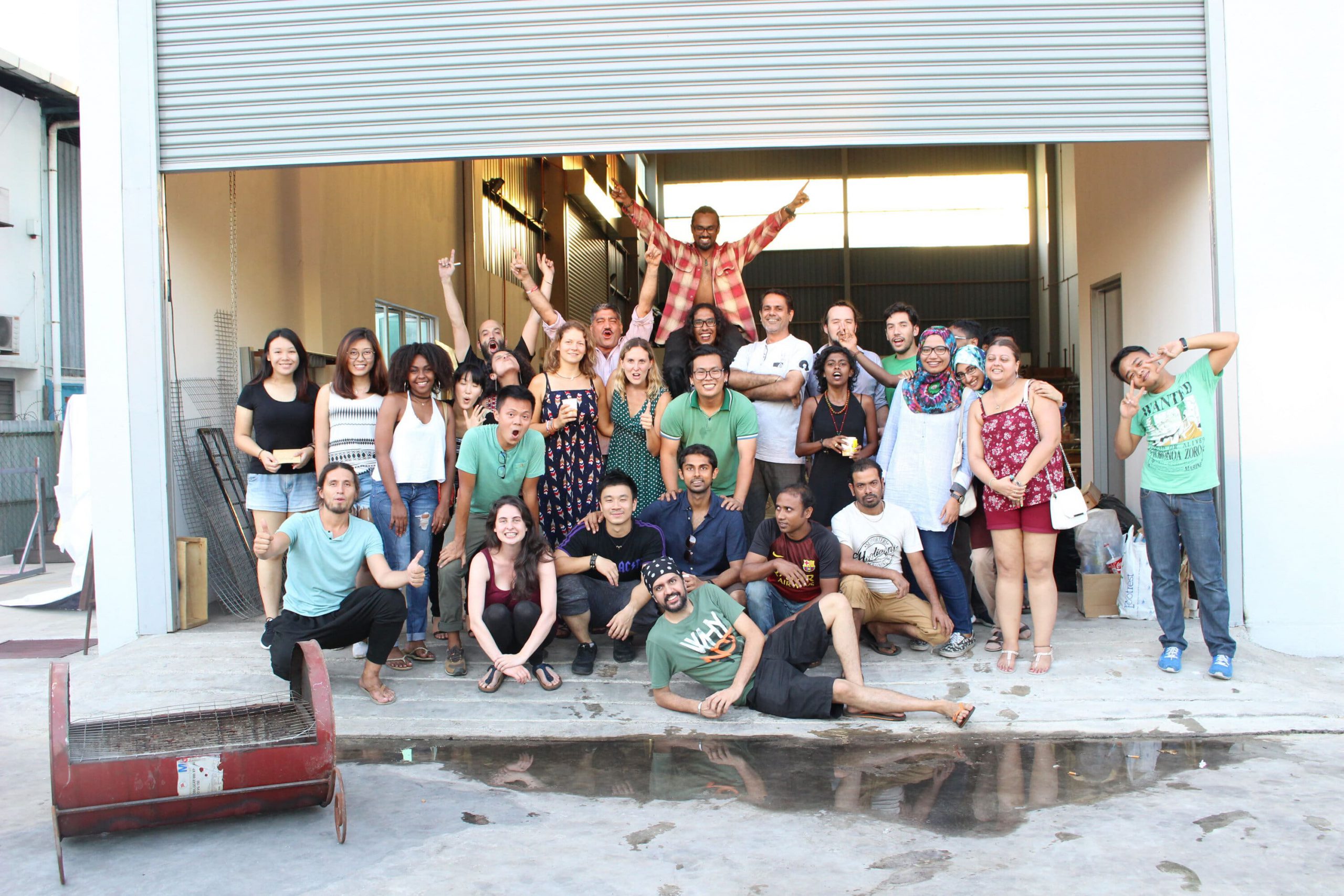
We are Open Source
Our designs are shared online for non-commercial use, which means the rights to study, change and distribute our designs are open to anyone for non-commercial purpose. This allows the designs to be constantly improved upon and further developed
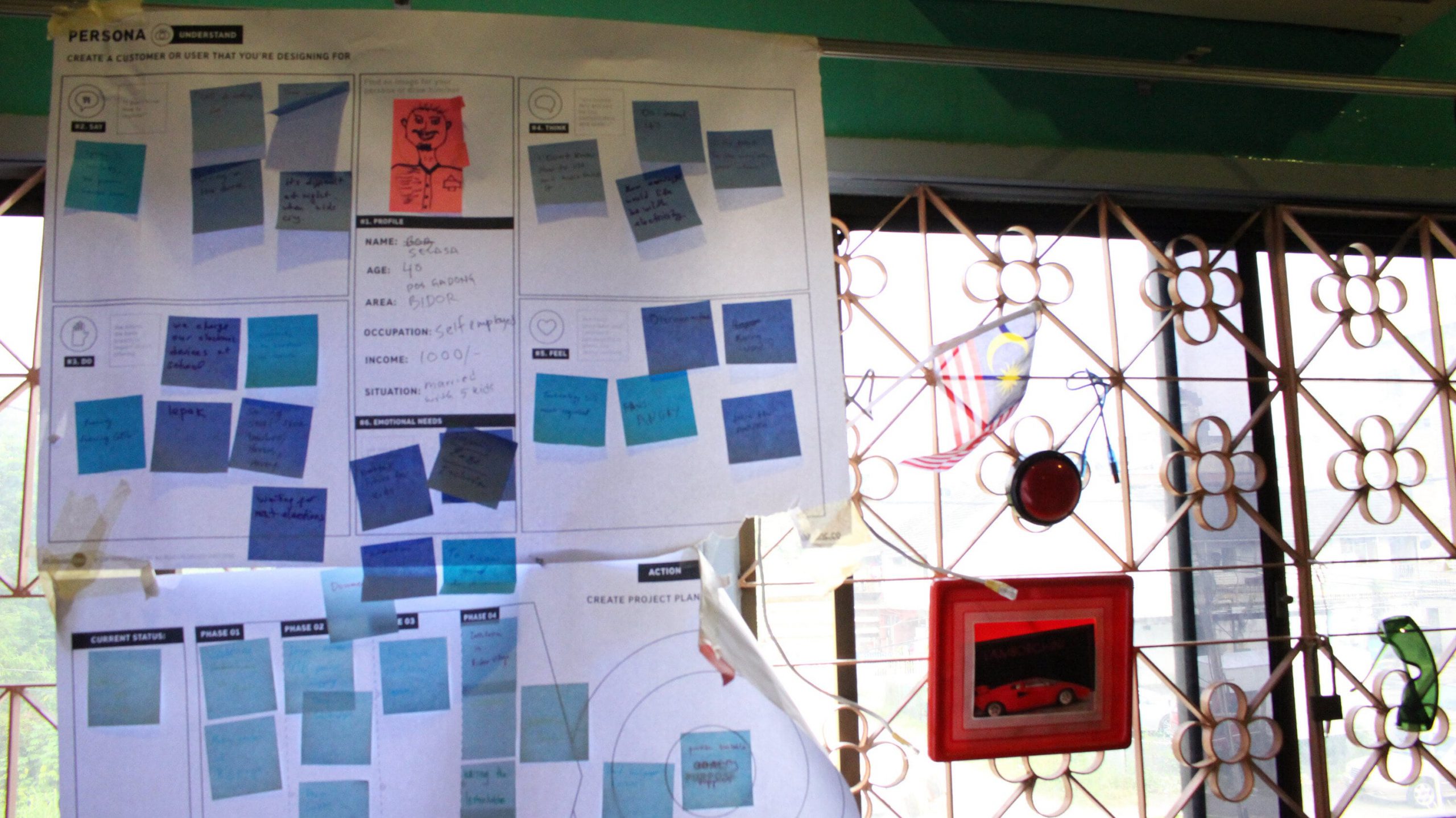
We run Open Workshops
Our Open Workshops. are equipped with tools and machinery, and serve as prototype development and production centers. Here, members of the public are encouraged to take part in the design process, learn and develop solutions.

We Abide by Open Book Finance Principle
Every member of our team has access to the information on project value, total budget and cost breakdown. We create a culture where employees at all levels understand how their particular task fits within the company’s financial plan.

We Measure Our Products
Biji Score is a point-based scoring system developed based on our Sustainability Indicators. It measures the social, environmental and economic impact of making one unit of a product. You can find the Biji Score for all our retail products we sell, at our online shop.

Common Social Enterprise models aim to solve social, environmental or economic issues by:
Offering different payment tiers to different customer tiers Donating one product for each product sold Micro-franchising opportunities for entrepreneurs without initial investment Including the underprivileged as clients/consumers, or as producers/entrepreneurs/employees
Biji-biji Initiative’s business model does not fit within any of the four common models listed above. We are different in the way we conduct our day-to-day business. We simply aim to share progressive ideas with everyone and to show that a business can be conducted ethically, where greater social, environmental and economic benefits can be transferred to the community, environment and economy.
For more information on our policies, check out our Governance Framework at https://www.biji-biji.com/pages/governance-framework
